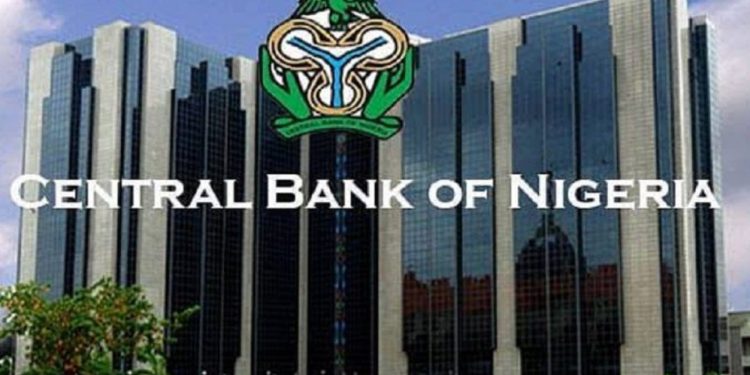Foreign Direct Investments (FDI) into Nigeria dropped sharply by 70.06 per cent quarter-on-quarter to $126.29m in the first quarter of 2025, down from $421.88m recorded in the final quarter of 2024, according to the latest Capital Importation report released by the National Bureau of Statistics (NBS).
The steep decline in FDI occurred despite an overall increase in capital importation into the country, indicating that foreign investors are favouring short-term, high-yield financial instruments over long-term, productive commitments in the Nigerian economy.
The data show that FDI made up only 2.24 per cent of total capital imported into the country in Q1 2025, down from 8.29 per cent in the preceding quarter and below the 3.53 per cent recorded in Q1 2024.
Meanwhile, total capital importation rose to $5.64bn in Q1 2025, an increase from $5.09bn in Q4 2024 and $3.38bn in Q1 2024.
The figures reflect a growing disconnect between headline capital inflows and actual investment in sectors capable of driving economic growth.
Although the headline rise in capital importation might suggest renewed investor confidence, a closer examination reveals that over 90 per cent of these inflows were directed into short-term money market instruments, such as government bonds and treasury bills, rather than equity or direct investments.
These instruments, while important for managing liquidity and stabilising the naira, do not contribute meaningfully to industrial growth, employment generation or infrastructure development.
This trend raises fresh concerns about the sustainability of Nigeria’s current investment profile, which remains heavily reliant on speculative flows that can exit the economy with little warning.
FDI, which is generally viewed as a vote of confidence in the host country’s long-term prospects, has been crowded out by short-term capital chasing quick returns in Nigeria’s high-yield debt market.
Also, despite a 67.12 per cent year-on-year rise in total capital inflows into the country, the manufacturing sector recorded a 32.31 per cent decline in capital importation in Q1 2025.
In its capital importation data, the NBS reported that the manufacturing sector attracted $129.92m in Q1 2025, down from $191.92m in the corresponding quarter of 2024.
The sector’s share of total capital importation also fell from 5.68 per cent in Q1 2024 to 2.30 per cent in Q1 2025.
The manufacturing sector’s capacity to attract foreign investment has remained weak.
The 2023-2024 window saw multinationals exit with a harsh operating environment in the height of economic reforms introduced by President Bola Tinubu.
As the reforms weakened purchasing power and slowed consumption, manufacturers invested less.
Earlier, the Director of the Centre for Promotion of Private Enterprise, Dr Muda Yusuf, noted that the manufacturing sector suffered two major shocks, on forex and energy prices, that would take some time to soften before there is a change in a way that will incentivise more investors.
He said, “there is also a possibility of those investors still feeling that the risk of investing in the real sector is still on the high side, because macroeconomic stability has only recently and gradually returned to normal.
Also, reacting to the development, Lagos-based economist Adewale Abimbola said the sharp decline in FDI could reflect foreign investor sentiment towards systemic and structural challenges facing the Nigerian economy.
According to him, the drop in foreign capital into the manufacturing sector might suggest that other sectors presented more viable and attractive opportunities that foreign investors found difficult to ignore.
He stressed that while foreign direct investment is beneficial, attention must also be given to boosting local investor confidence.









